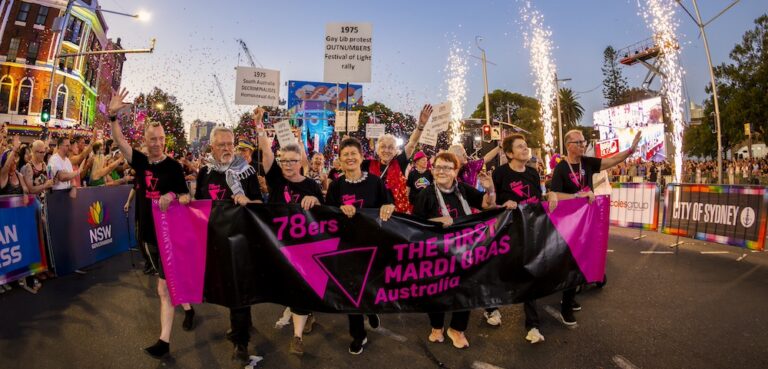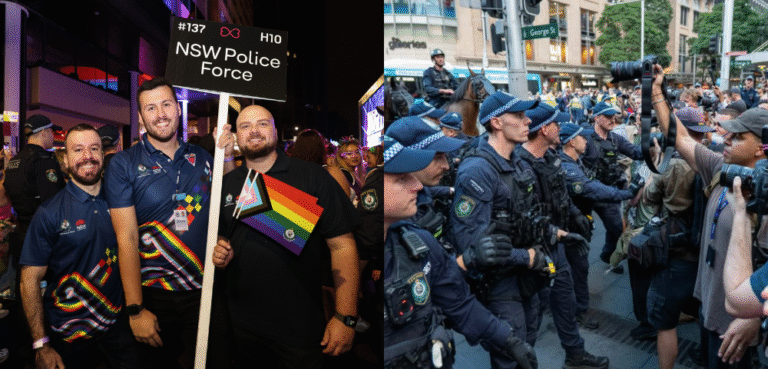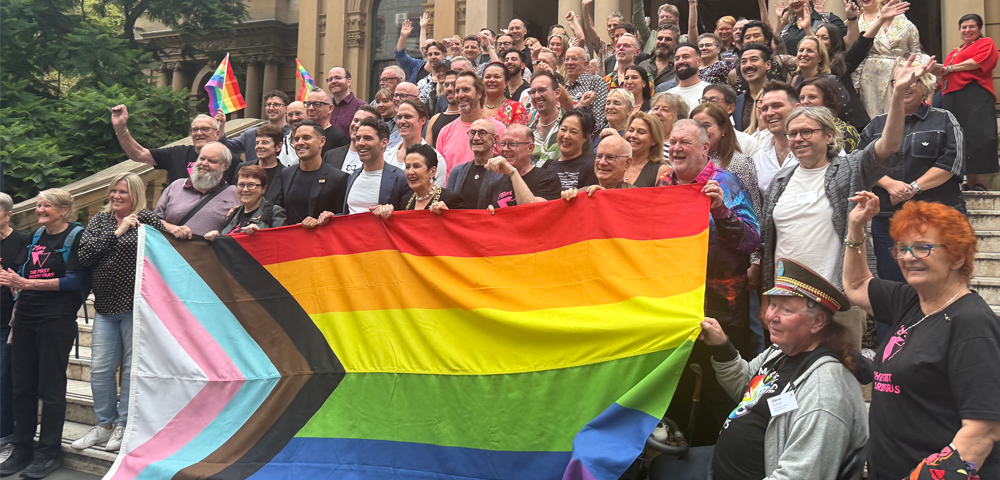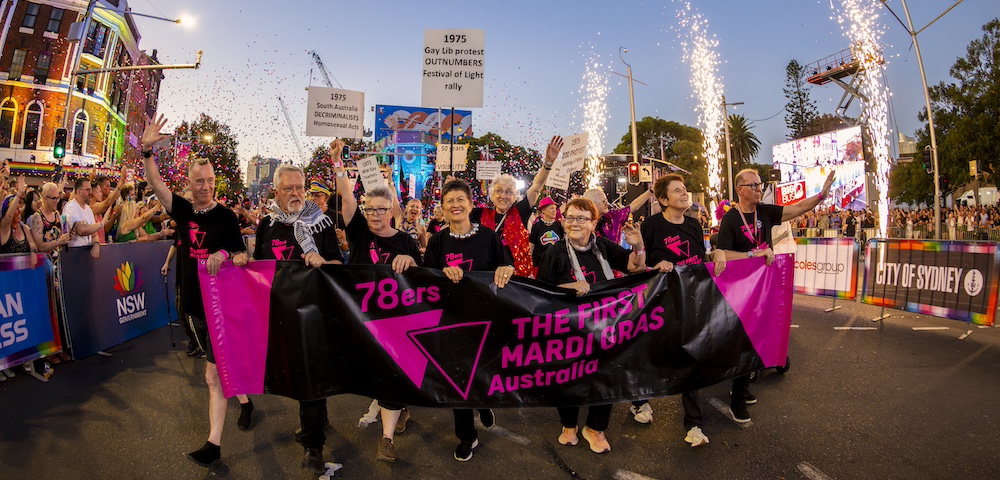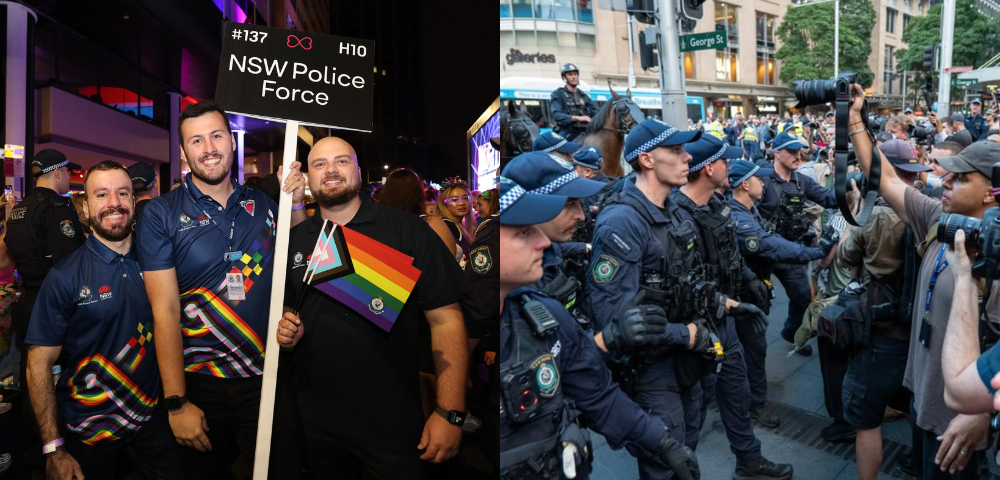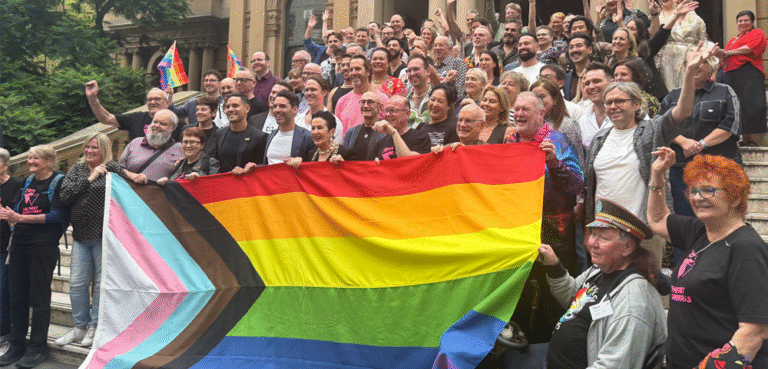
‘Almost’ not good enough
It is an encouraging sign that the Federal Government seems keen to engage in legislative reform aimed at providing equality for same-sex couples and their children. However, as a community we cannot afford to rest on our laurels. Even within the promise of equality there are many areas where the reality of politics could fail to adequately recognise our relationships and protect our rights.
One such area is the issue of how our relationships are recognised. Currently same-sex couples are recognised as de facto at a State level in every part of Australia. In NSW this means same-sex couples already have hospital visitation rights and access to the court system in the event of relationship breakdown for the division of property, as well as many other rights. Our relationships are recognised in almost the same way as opposite-sex relationships, with the glaring exception of parenting rights.
The recommendation of the Human Rights and Equal Opportunity Commission is to extend this de facto recognition to laws at a Federal level. This is what the Lobby’s 58 ’08 campaign is asking for. Among many new rights, this would mean that same-sex couples would be recognised by government organisations like the tax office, Medicare and Centrelink in the same way as opposite-sex couples.
The Lobby is urging the Attorney-General to recognise our relationships as de facto, rather than create a new category of relationships under which our relationships would fall. The miniscule reforms that have already taken place at a Federal level to include gay and lesbian relationships have done so by calling us interdependent. This new category includes not only same-sex couples but any significant dependant relationship, including carer relationships, siblings and even friends living together.
While these relationships are no doubt important, there are a number of reasons why recognising us as interdependent instead of as de facto is not good enough: (1) Interdependency does not recognise us on the same terms as opposite-sex couples and suggests that same-sex couples are different from, and lesser than, opposite-sex couples. (2) More same-sex couples are excluded by interdependency than by de facto. (3) Interdependency is much harder to prove than de facto. (4) It would create further inconsistency between Federal and State laws. (5) As HREOC has said, interdependency is an almost de facto relationship.
Our community does not want to be recognised as almost anything. We want to be recognised as equal. So as a community we must continue to pressure the government to move forward with these reforms in a way that provides true equality and recognises our relationships as just as worthy as any other loving, intimate relationship.
Visit www.glrl.org.au/58 and take action now.

